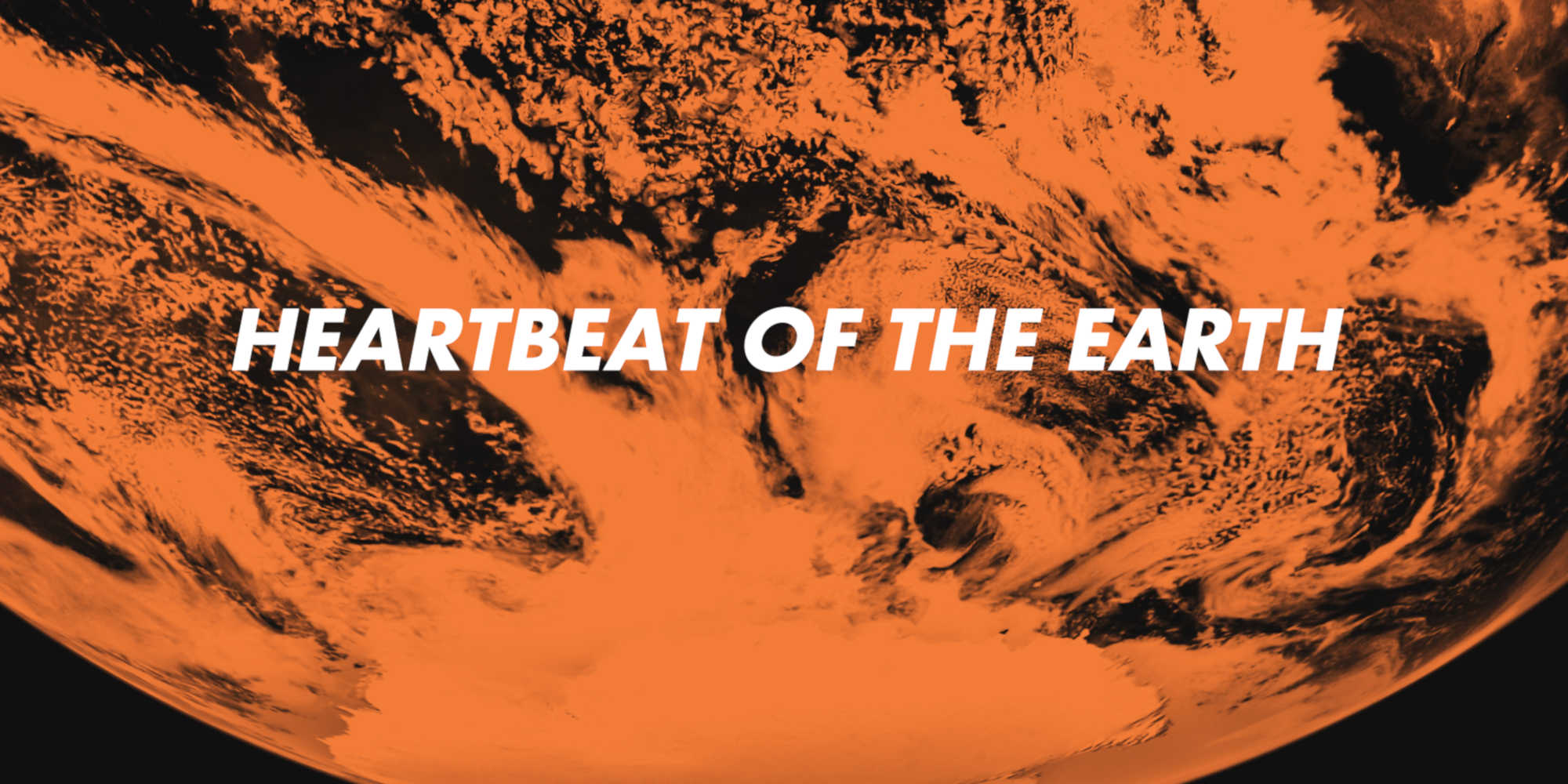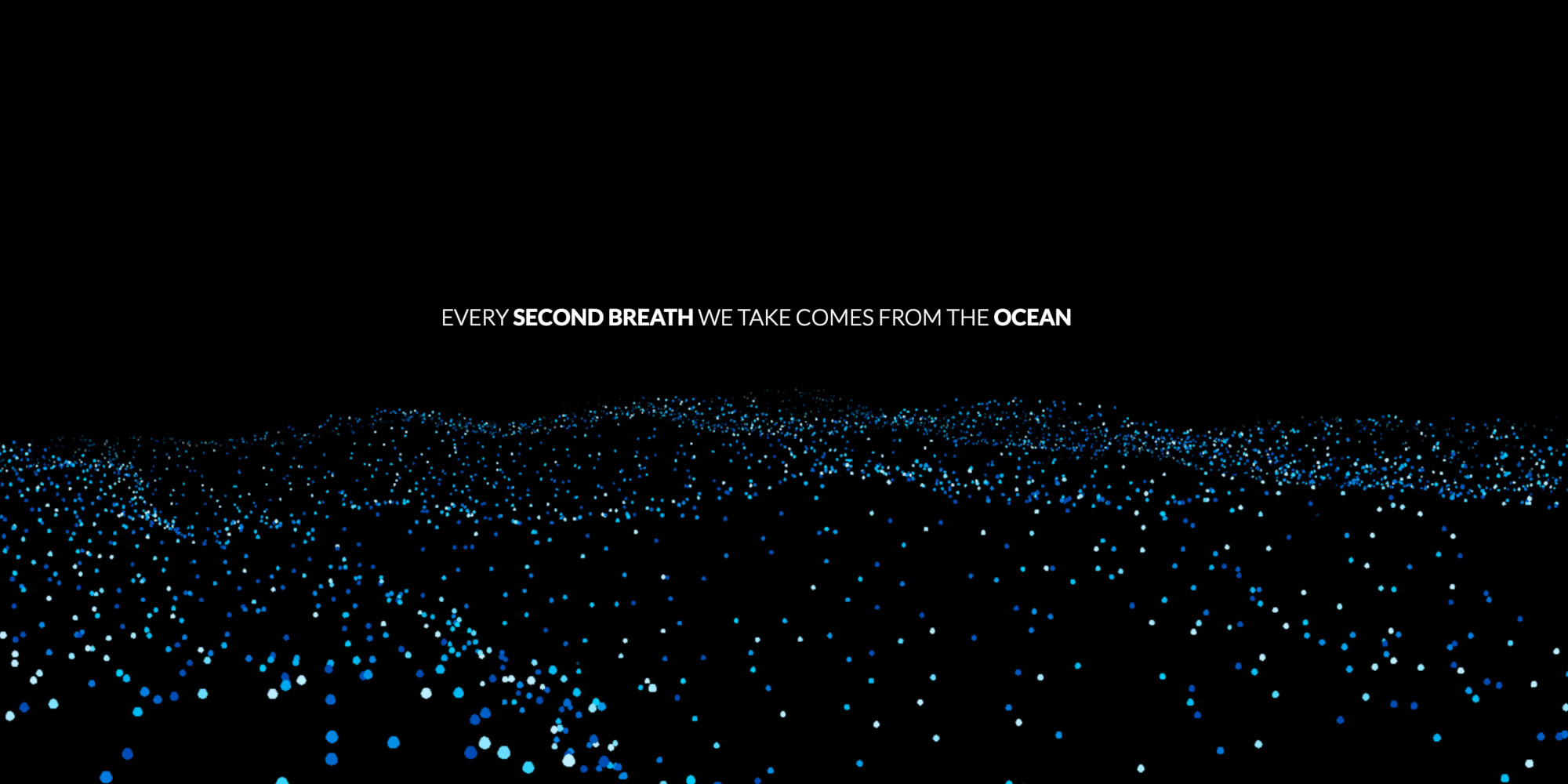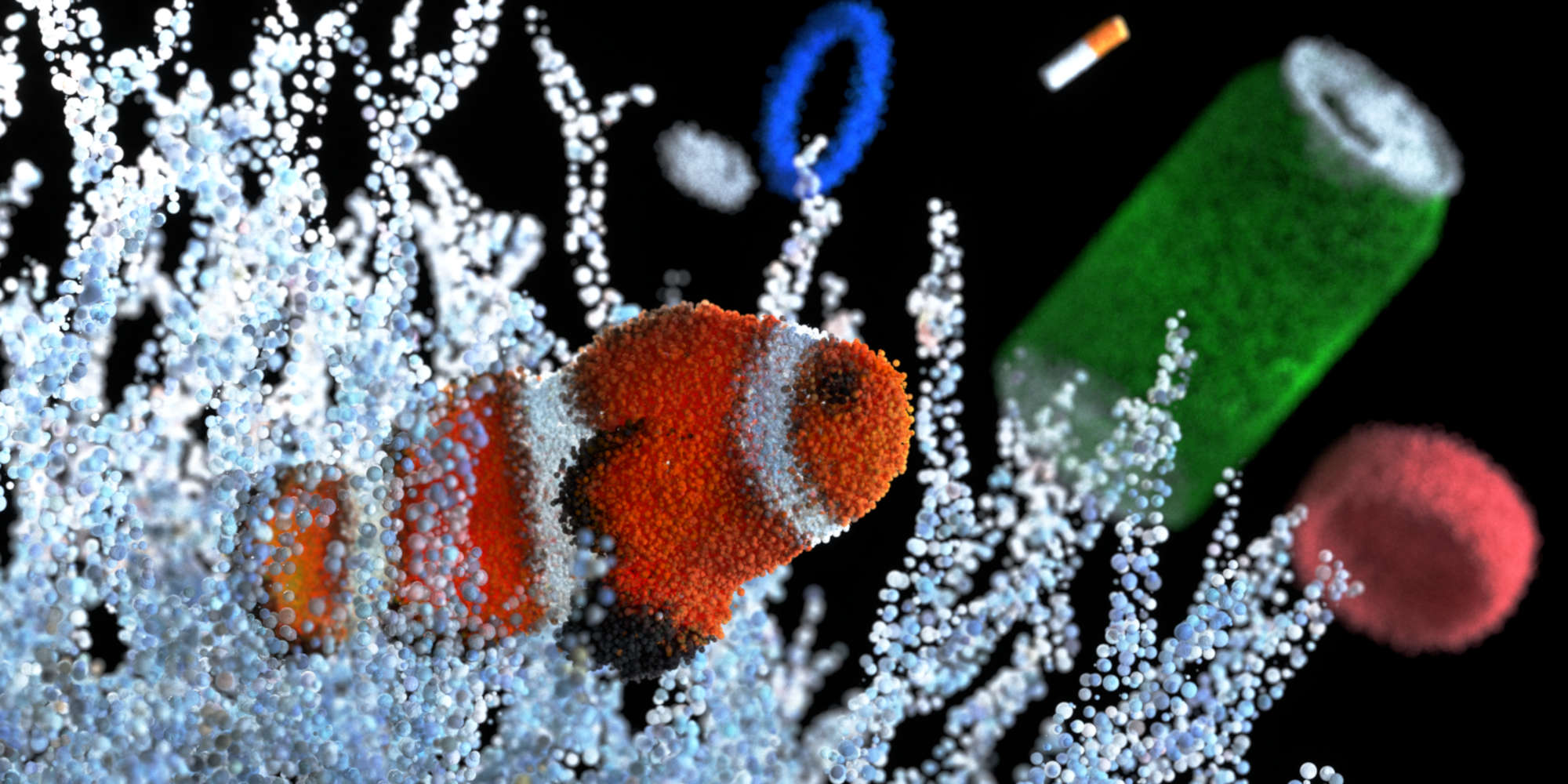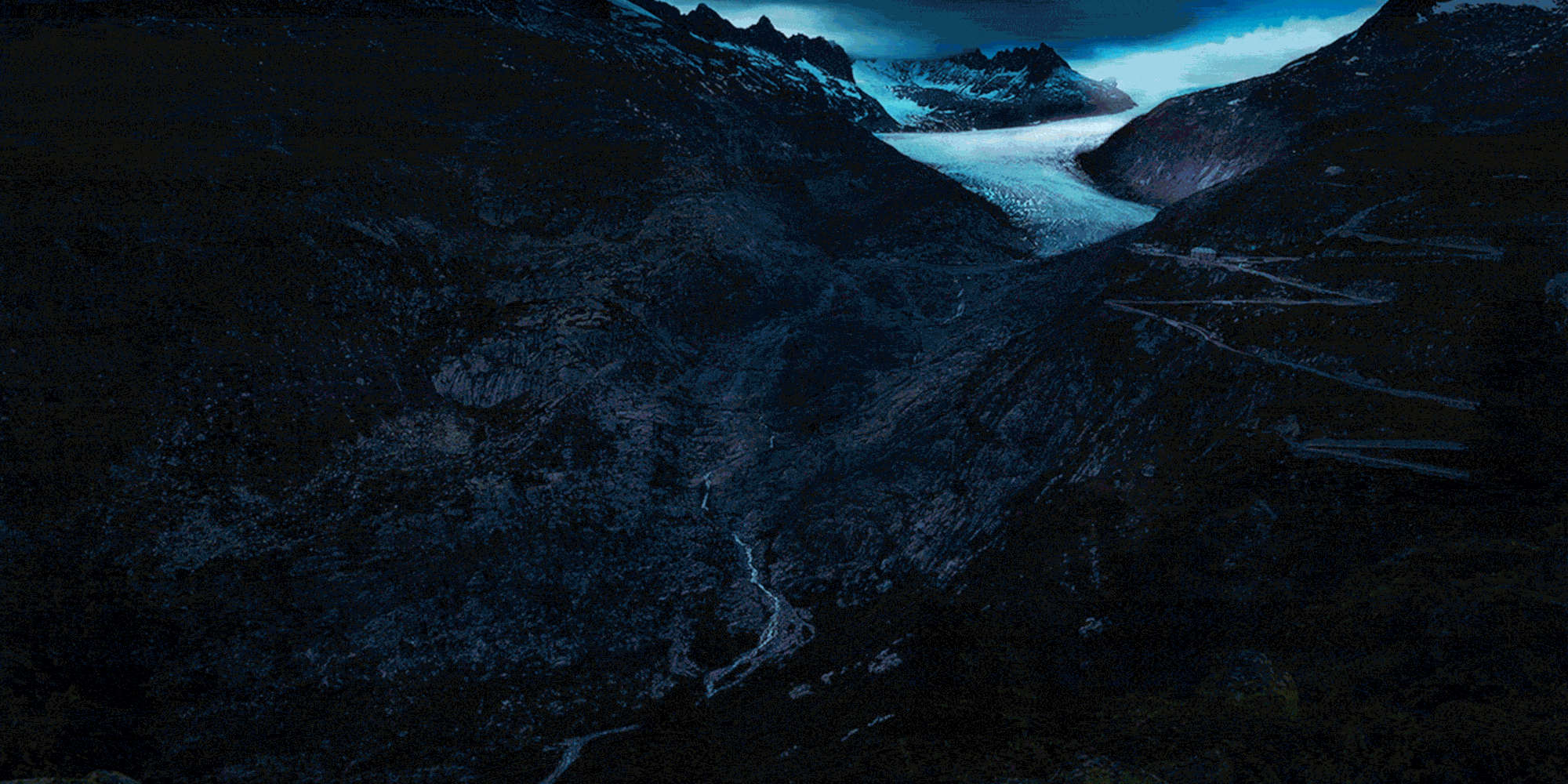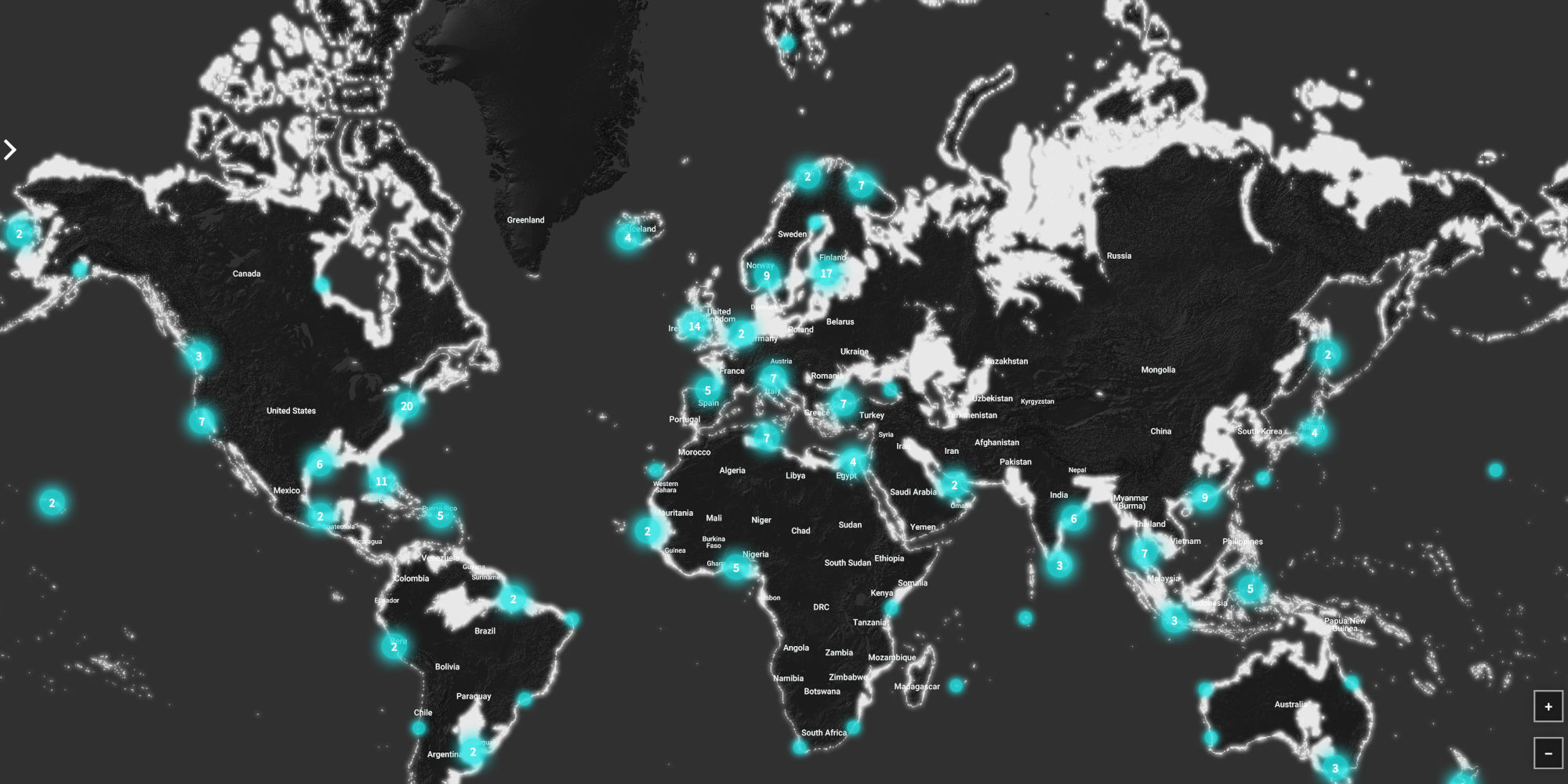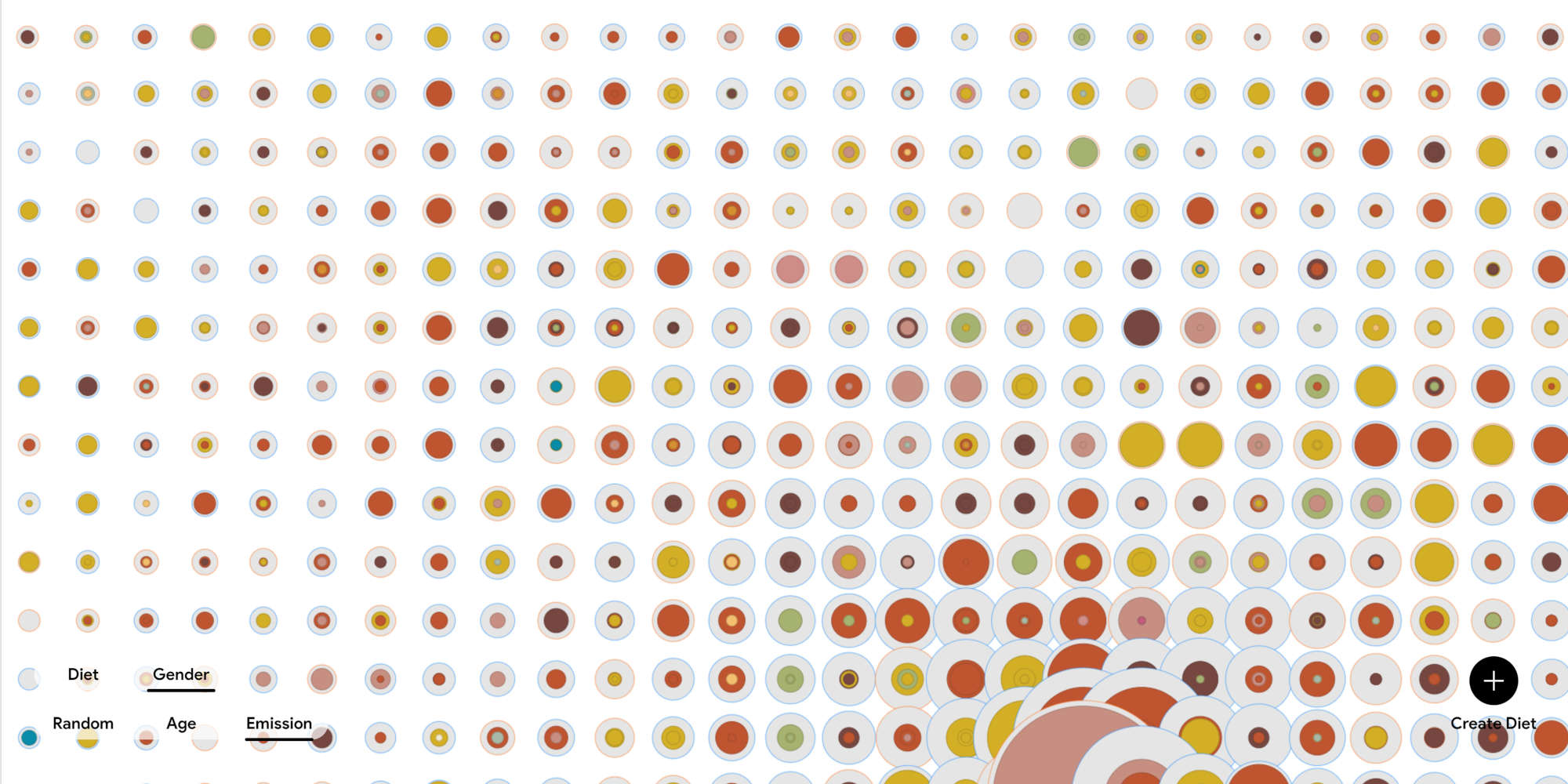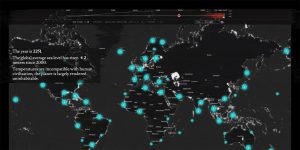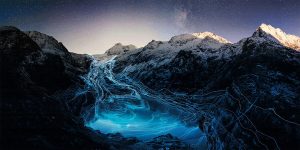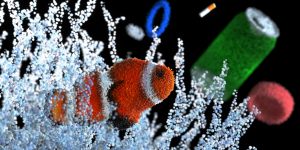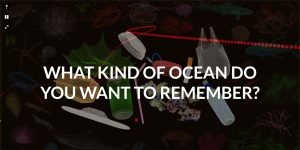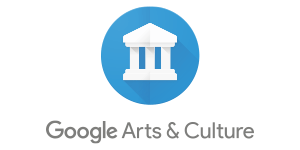On June 5, World Environment Day, Google Arts & Culture Residency Program, together with UNFCCC, launched a series of online artworks inspired by climate data.
Collaborating with artists from around the world, this series of online artworks is an artistic response to the topics highlighted in the UN’s IPCC reports, including receding glaciers, food’s CO2 emissions and the acidification of our oceans.
Heartbeat of the Earth
Art has always been a medium to convey complex subjects and address the challenges we face. For many of us, the term “climate data” conjures up images of complicated graphs and charts, but artists are explaining it through a new lens. On World Environment Day, the United Nations Framework Convention on Climate Change (UNFCCC) and the Google Arts & Culture Lab residency program announced Heartbeat of the Earth, a series of experimental artworks inspired by climate data.
Five artists – Fabian Oefner, Cristina Tarquini, Laurie Frick, Pekka Niittyvirta, Timo Aho – used key findings from a landmark UN IPCC report and data from scientific institutions, including the National Oceanic and Atmospheric Administration (NOAA) and the World Meteorological Organization, to create four interactive art pieces about our climate. They’ve addressed the topics of declining ocean life, food consumption, melting glaciers and rising sea levels.
We hope Heartbeat of the Earth will help everyone learn more about the complex issues we’ll encounter due to a changing climate and enable communication to explore possible pathways and solutions.
Teaser
Timetable
Program
Project Credits / Acknowledgements
Google Arts & Culture
UNFCCC
Diving into an Acidifying Ocean
Cristina Tarquini
New Chromantics
Frederic Gazeau, Laboratoire d’Océanographie de Villefranche
What We Eat
Laurie Frick
zigzag
Diego Rose, Tulane University
Martin Heller, Michigan University
Coastline Paradox
Pekka Niittyvirta, Timo Aho
Jouni A. Räisänen, IPCC
Mikael Hilden, Finnish Environment Institute
Timelines
Fabian Oefner
Andreas Bauder, Glaciology Institute, ETH Zurich
